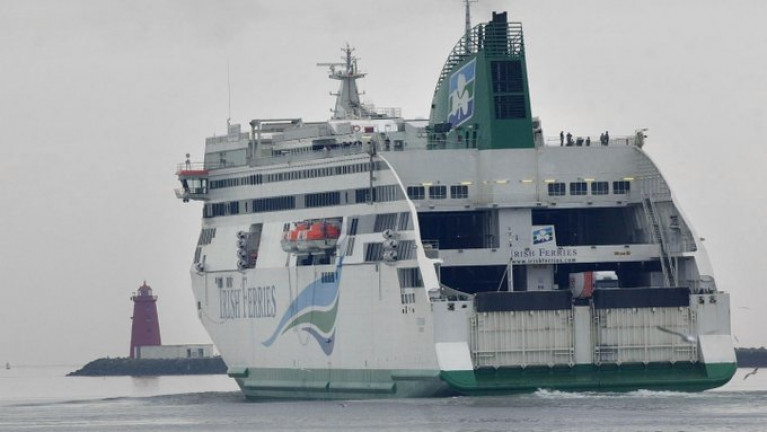Displaying items by tag: Direct Europe Routes
Shipping Lines in Light of Brexit will Set up New Routes to Europe to Meet Demand, Says IMDO
Companies in the shipping industry, reports The Irish Times, will respond to “unanswered demand” for more direct ferry services to mainland Europe if Brexit congests the key UK “landbridge” route, the State’s maritime development agency said.
Hauliers have said the increased frequency of sailings between Ireland and Cherbourg in France to a daily service from January was welcome but that it would not serve as a substitute to the speed and ease of transit currently, before Brexit comes into effect, over the landbridge.
Liam Lacey, director of the Irish Maritime Development Office (IMDO), urged importers and exporters shipping goods to and from Europe to “trial” direct routes between now and January when Brexit border checks begin to see if they work as alternatives for their supply chain.
EU-UK border checks from January mean that transport companies and hauliers face delays at British ports on the Irish Sea and English Channel, potentially disrupting the fastest and cheapest transit route currently between Ireland and mainland Europe.
Mr Lacey acknowledged that Brexit-related delays on the landbridge, jeopardising time-sensitive cargos, could force companies to change their business models and supply chains.
“I don’t underestimate the difficulty about that,” he said. “People need to understand that they will have to consider changing the way they operate. It might be a short-lived thing until the landbridge settles down but we just don’t know that.”
More here from the newspaper and a response from the Freight Transport Association of Ireland as Afloat also reported yesterday.
























































